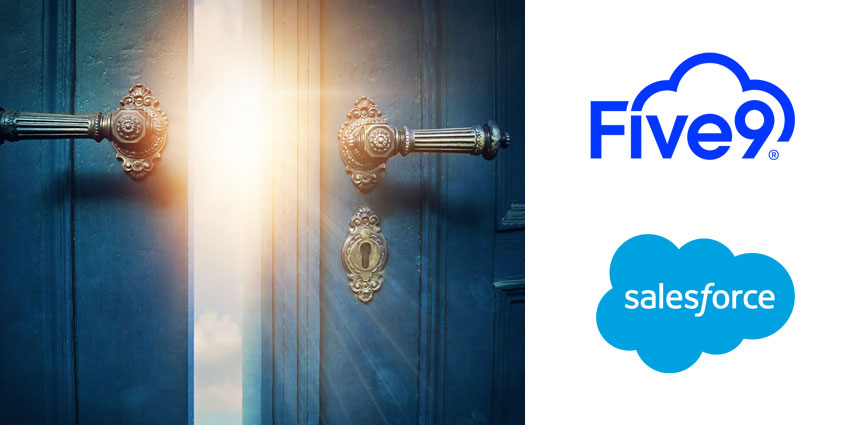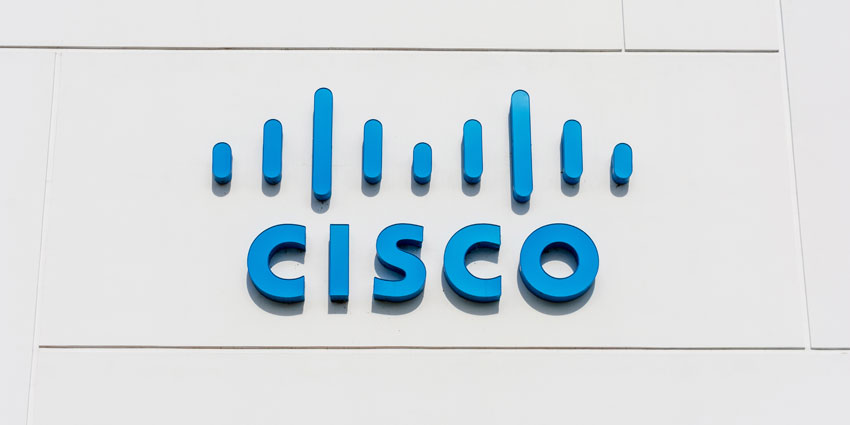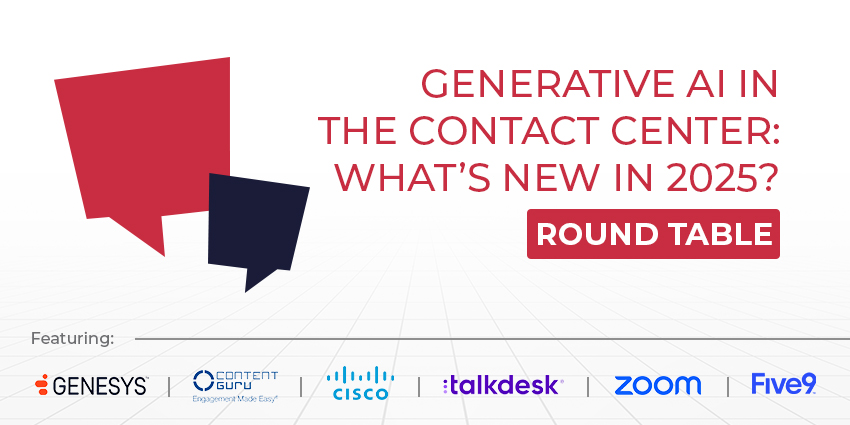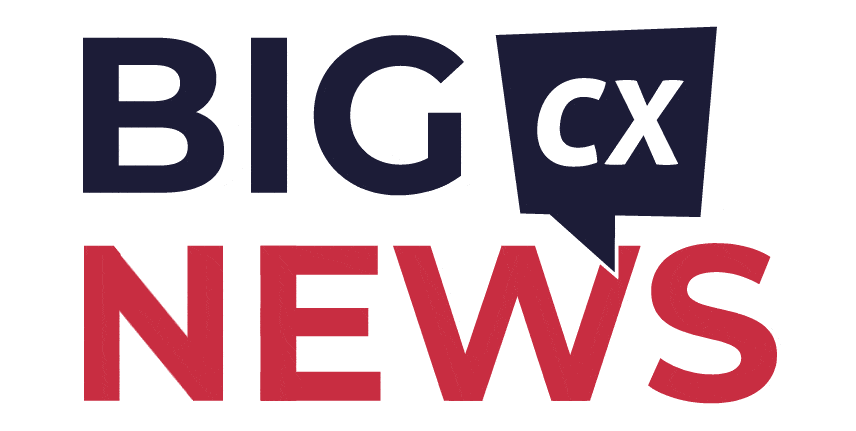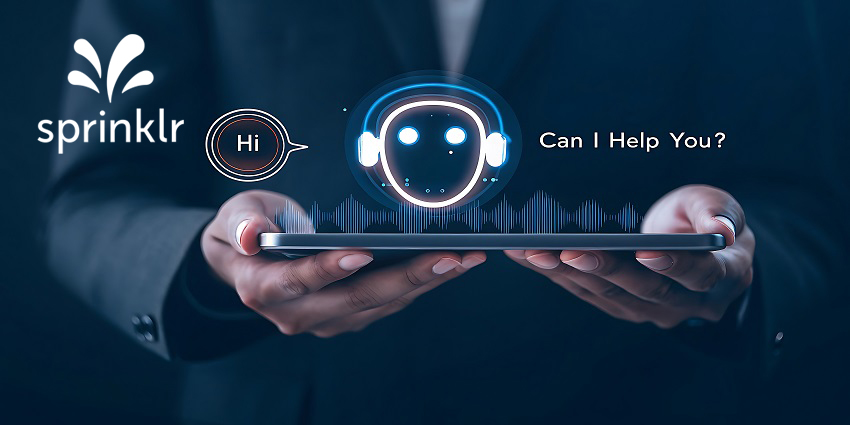The next generation of Five9 for Service Cloud Voice BYOT (Bring Your Own Telephony) is here.
With it comes the capability to infuse Salesforce Einstein AI across the integrated offering.
As such, Five9 customers can utilize Einstein AI within the agent desktop experience, quality assurance (QA), reporting, and beyond.
In line with the move – announced at CCW 2024 – Five9 has become only the second CCaaS vendor to achieve Summit status with Salesforce. That status ensures a tight partnership, which includes joint strategy sessions and roadmap creation.
That’s a big win for Five9, as it shares 1,200+ customers with Salesforce – many of which are large enterprises and central to its continued double-digit growth.
Yet, Salesforce will also benefit, as it can upsell Einstein while converging its sales and marketing efforts with another CCaaS stalwart.
How Does It Work?
Historically, CCaaS vendors have built Salesforce integrations by leveraging its Open CTI adapter.
However, in 2020, Salesforce sent out a set of APIs to its CCaaS partners to develop more sophisticated integrations, allowing them to unify digital channels and the agent experience within the Salesforce desktop.
In September 2022, the first generation of the Five9 for Service Cloud Voice BYOT offering became available, doing precisely that.
Most other vendors haven’t progressed much further. But, in September 2023, Five9 bolstered its integration by unifying the supervisor experience, streamlining the cross-platform routing logic, and advancing its screen pop capabilities.
Now, it has added three more cornerstone features: live call transcriptions, an Einstein Conversation Insights integration, and dual adapter support.
The live call transcription – which passes from Five9 to the Service Cloud desktop – seems most meaningful, as that enables numerous Einstein AI features.
1. Live Call Transcripts
Before, Five9 for Service Cloud Voice BYOT users had to rely on a voice stream to funnel transcripts into Salesforce. Now, transcripts come in real-time.
As a result, Five9 customers may leverage Einstein’s live agent-assist and automation capabilities. That includes next best action, auto-launched flows, and supervisor notifications.
In addition, agents can access the real-time transcript – which is critical for hearing-impaired reps – while all that live voice data funnels into the CRM for a more cohesive view of the customer.
Five9’s new TranscriptStream API also comes into play here, scouring the transcript to pull out events and metadata in real-time.
2. An Einstein Conversation Insights Integration
Five9 offers its own conversational intelligence solution. However, Salesforce-centric customers can now leverage this integration to analyze customer interactions via Einstein instead. It’s their choice.
With Eistein Conversation Insights, users may channel new intent and sentiment data directly into the CRM while automating performance management processes and agent after call work (ACW).
3. Dual Adapter Support
Many businesses still leverage the Open CTI adapter for their Salesforce integration. With Dual Adapter Support, enterprises can switch to Five9 for Service Cloud Voice BYOT in phases, allowing different operations to make the switch at a time that’s right for them.
Why Is It a Big Deal for End-Users?
The move centralizes Salesforce’s AI with Five9’s AI suite, and – ultimately – customers can decide which solutions work best within their operations based on real-world data and performance.
Moreover, customers may enjoy a more cohesive agent experience with blended data sets and AI.
As Ryan Nichols, Chief Product Officer for Salesforce Service Cloud, said:
Our collaboration is focused on more than a ‘single pane of glass’– we’re bringing together customer data, knowledge, and now real-time conversation transcripts to ground AI to help make agents more productive and delight your customers.
Currently, while Einstein is an excellent AI engine, few companies are ever ecstatic about their Salesforce data, typically due to errors in user input. Yet, the more data Five9 can provide to Einstein, the better the AI engine performs.
Finally, it’s worth noting that as contact centers consider blending native CCaaS and Einstein AI, live and recorded customer case studies and testimonials will become ever more crucial.
After all, if customers can see what’s possible, it helps open their minds to many new possibilities.
Salesforce & CCaaS Vendors: A Burgeoning Relationship
Looking ahead, Five9’s partnership with Salesforce will continue to blossom, with plans for deeper product team collaborations and roadmap development for the next six, 12, and 18 months.
Nevertheless, although Five9 is only one of two CCaaS vendors to enjoy Summit status, many others are bolstering its Salesforce integration.
While AWS and Genesys also stand out, various other vendors are pulling themselves closer to Salesforce as CRM platforms absorb more of the service stack. Vonage is another recent example.
For its part, Salesforce seems happy to oblige, perhaps recognizing the pain of building out the global voice network that could contract its margins.
Yet, it may also wish to avoid alienating CCaaS partners, who could double down on their relationships with rival CRM providers and – ultimately – damage Salesforce.
So, while Five9 may currently be only one of two Summit status partners, it is likely that others will eventually join them as CRM and CCaaS converge. After all, Benioff & Co. will likely wish to avoid choosing favorites.
However, now that Five9 has special status, expect the CCaaS Gartner Magic Quadrant leader to make a big splash at September’s Dreamforce event in San Franciso.
That audience will include large enterprises that place significant value on CX, having invested in Salesforce, which remains widely regarded as the premium CRM offering.
As such, Five9 has a big chance to bolster its funnel, strike while the Salesforce iron is hot, and add many more logos to its list of 1,200 joint customers.
